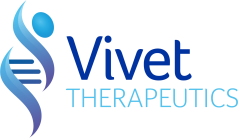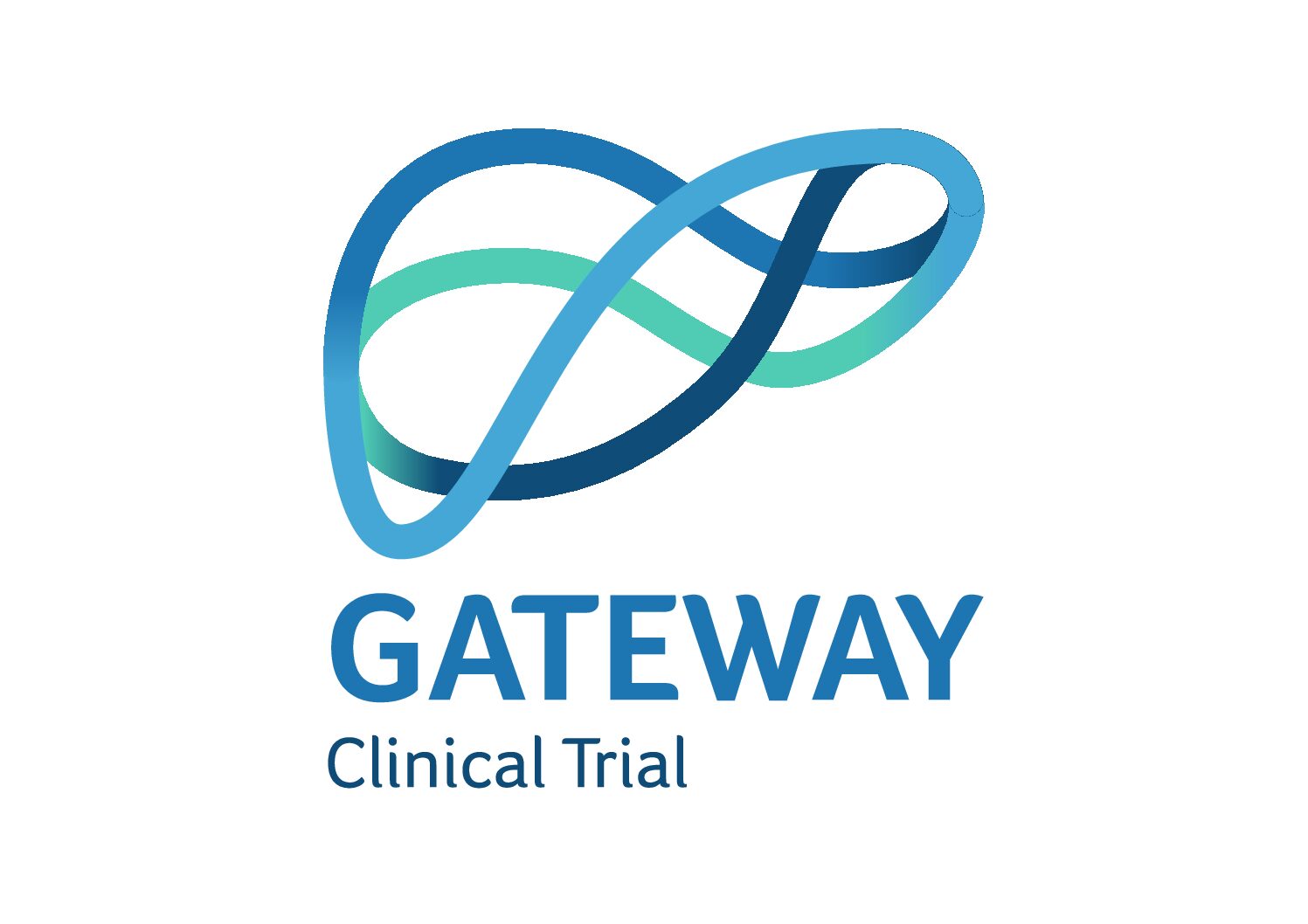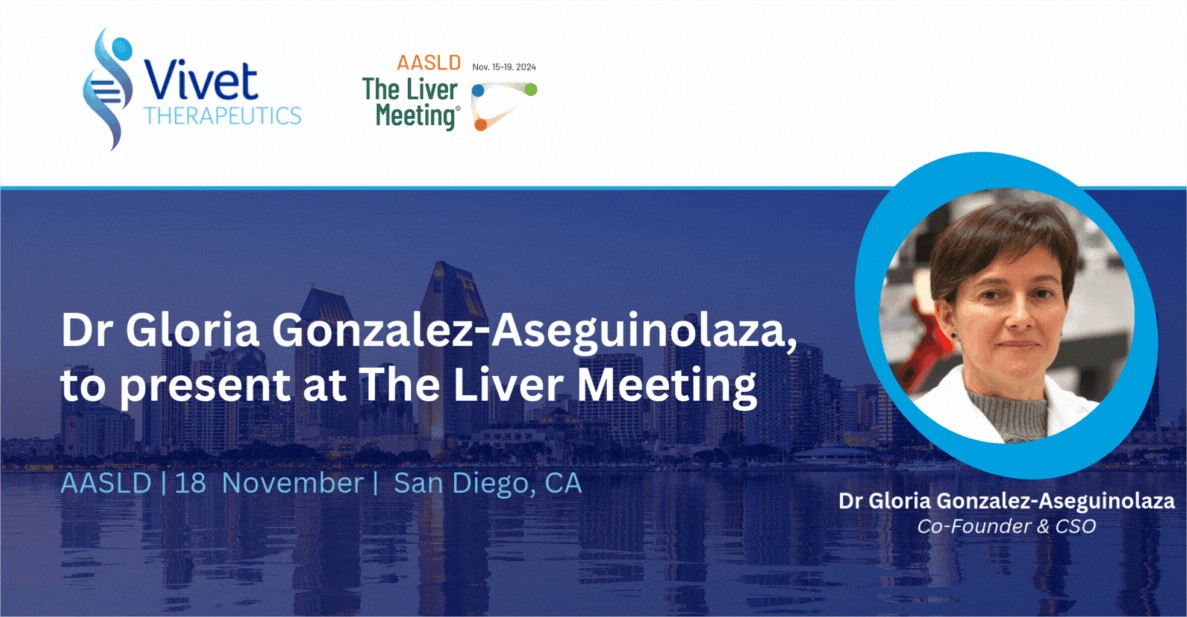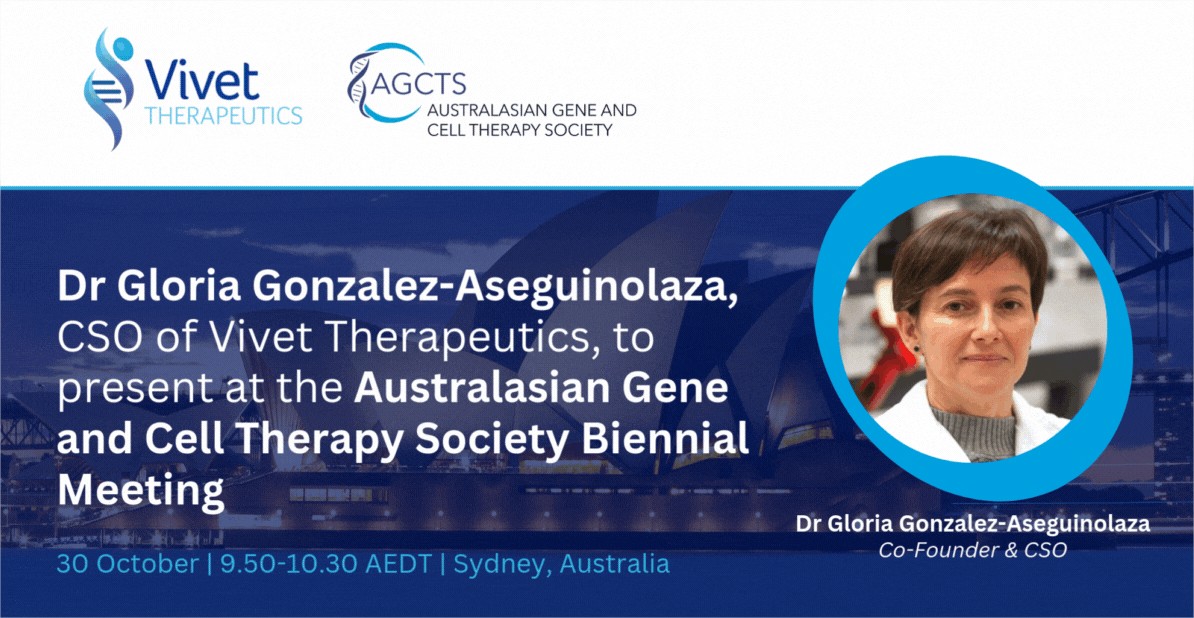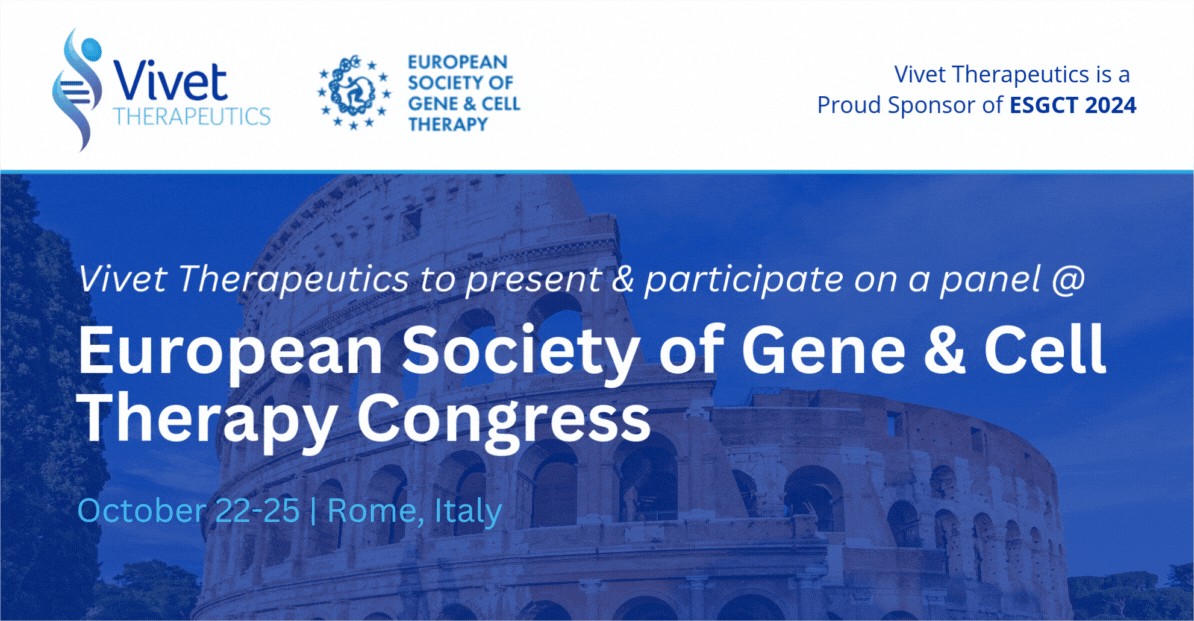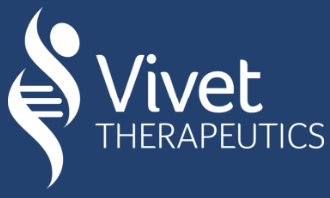Vivet Therapeutics Doses First Patient in Cohort 2 in Phase 1/2 GATEWAY Clinical Trial for Treatment of Wilson Disease
Dosing of first patient completed in Cohort 2 following Data Monitoring Committee approval to proceed
Encouraging safety, tolerability and early pharmacodynamic changes observed in Cohort 1 with lead program VTX-801
Paris, France, April 8, 2024 – Vivet Therapeutics (“Vivet”), a clinical stage biotech company developing novel and long-lasting gene therapies for rare inherited liver metabolic disorders, today announces that it has dosed its first patient with its lead program VTX-801 in Cohort 2 of its ongoing GATEWAY Clinical Trial for the treatment of Wilson Disease (WD). Initiation of Cohort 2 followed the successful completion of Cohort 1 and approval from an independent Data Monitoring Committee (DMC) to proceed.
WD is a disorder that leads to a build-up of toxic levels of copper in the liver and brain and causes debilitating neurological and hepatic morbidity. Recent evidence indicates that WD can frequently lead to premature death, with a higher mortality rate ranging from 2 to 4 times more than in the general population, despite existing standard of care (SOC) treatments1,2. The disease affects approximately 1 in 30,000 people –12-15,000 in the US and around 17,000 in Europe.
The GATEWAY clinical trial is an ongoing, actively enrolling, non-randomized, open-label Phase 1/2 trial taking place across several clinical sites in the US, UK, Germany and Denmark and is designed to assess the safety, tolerability and pharmacological activity of a single intravenous infusion of VTX-801 at increasing dose levels in adult patients with WD.
Jean-Philippe Combal, Chief Executive Officer at Vivet Therapeutics, said: “Receiving DMC approval to advance to a higher dose level is highly encouraging and accelerates our ability to further inform clinical development of VTX-801, as we evaluate its potential as a disease modifying treatment option for sufferers and their families whose lives are disrupted by WD. We are encouraged by the initial safety, histological and pharmacodynamic data that VTX-801 has demonstrated to date and we are pleased that the first patient has been successfully dosed in Cohort 2 in the GATEWAY clinical trial. 2024 is shaping up to be a transformative year for Vivet and its gene therapy platform and we look forward to providing further data on our GATEWAY clinical trial at upcoming scientific conferences.”
Prof Michael Schilsky, Director of the Center for Excellence for Wilson Disease at Yale and Principal Investigator at the Yale clinical trial site in New Haven for the US VTX-801 clinical trial, commented: “Evaluation of VTX-801 as a treatment option for WD is making good progress with no detected serious adverse events in the first dose, Cohort 1 patients. Existing treatments for WD are lifelong and adherence to daily treatment often requiring multiple medication doses aimed at removing excess copper from the body is a serious problem. Additionally, current treatments are not universally effective and can cause adverse side effects in some patients. VTX-801 is designed to restore the normal copper metabolism by providing an engineered, fully functional version of the ATP7B copper transporter gene in the liver, and gives hope to the possibility of eliminating the need for additional medical therapy for this disorder. Early, encouraging data from Cohort 1 has shown detectable vector transduction and transgene expression with early signs of improvement in liver function and histology. We look forward to moving this ground breaking program further through the GATEWAY study and future clinical trials as we seek to demonstrate its transformative potential for patients with WD.”
Following approval from the DMC, Vivet has safely dosed its first patient at a higher dose level in cohort 2, based on encouraging safety, tolerability and early pharmacodynamic changes observed in two patients in Cohort 1. No unexpected treatment emergent adverse events (TEAE) were observed at the first dose level in Cohort 1. Ongoing patient monitoring in Cohort 1 has demonstrated sustained increase of ceruloplasmin enzymatic activity and ATP7B minigene mRNA hepatic expression with liver histology improvement confirmed in one biopsy at 12 months. Due to results observed with a specific radio-labelled copper(64Cu) biomarker, both patients have been deemed insufficient responders and their SOC treatments are being maintained. Further data readouts on the GATEWAY clinical trial will be reported at upcoming scientific conferences in 2024.
1-Członkowska A, Niew ada M, Litwin T, Kraiński Ł, Skowrońska M, Piechal A, Antos A, Misztal M, Khanna I, -Kurkowska-Jastrzębska I. Seven decades of clinical experience with Wilson’s disease: Report from the national reference centre in Poland. Eur J Neurol. 2022 Nov 25. doi: 10.1111/ene.15646. Epub ahead of print. PMID: 36427277.
2- Daniel-Robin T, Bénichou B, Leboucher C, Blein C, Combal JP. Epidemiology, treatment and burden of Wilson disease in France: A 10-year analysis of the national health insurance database. Clin Res Hepatol Gastroenterol. 2022 Dec;46(10):101992. doi: 10.1016/j.clinre.2022.101992. Epub 2022 Jul 3. PMID: 35793759.
-Ends-
For further information, please contact:
Optimum Strategic Communications
Mary Clark, Zoe Bolt, Vareen Outhonesack
Tel: +44 (0) 20 3882 9621
Email: vivet@optimumcomms.com
About Vivet Therapeutics
Vivet Therapeutics is a private, clinical-stage biotech company developing novel and long-lasting gene therapies for rare inherited metabolic conditions, including Wilson’s Disease. Vivet’s gene therapy platform uses recombinant adeno-associated viruses (rAAVs) as vectors and has initiated two clinical programs and four pre-clinical assets to date. Its most advanced therapy is VTX-801, a novel gene therapy for Wilson’s Disease, with key clinical read-outs expected by the end of 2024. Vivet Therapeutics was founded in 2016 by CEO Dr Jean-Philippe Combal and CSO Dr Gloria Gonzalez-Aseguinolaza and is led by a highly experienced management team with deep expertise developing gene therapies and orphan drugs.
Vivet Therapeutics is backed by international life science investors including Novartis Venture Fund, Roche Venture Fund, HealthCap, Pfizer Inc., Columbus Venture Partners, Ysios Capital, Kurma Partners and Eurazeo. In 2019, key investor Pfizer contributed a €45M investment to collaborate with Vivet in recognition of its scientific expertise and innovative technology platforms.
For more information, please visit www.vivet-therapeutics.com – Follow us on LinkedIn @Vivet Therapeutics and Twitter @Vivettherapeutics
